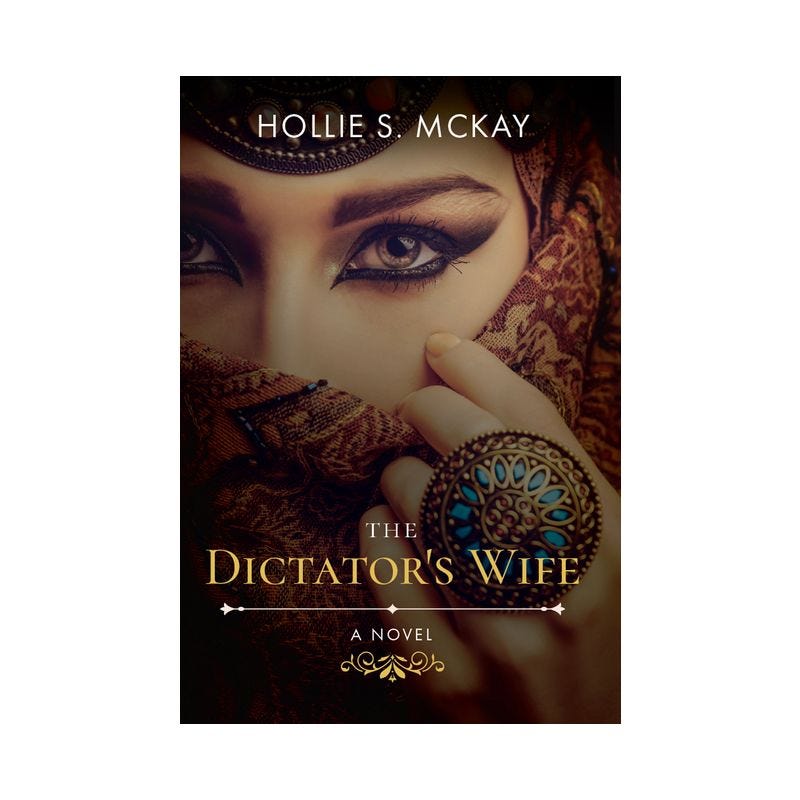The UN is paying tribute to the late Iranian President Raisi today. This is disgusting.
The U.N. General Assembly traditionally convenes to commemorate any world leader who was a sitting head of state at the time of death. But the blanket practice speaks to everything that is wrong.
The United Nations is dedicating today to paying tribute to Iranian President Ebrahim Raisi, a figure with a shocking human rights record. While this is a blanket standard practice, this decision raises serious questions about the principles and credibility of the UN (which is largely funded with our tax dollars) and its commitment to upholding human rights standards globally. (Thankfully, the U.S. has enough judgment to boycott the event.)
As a reminder, Ebrahim Raisi's rise to power is marked by a history of involvement in severe human rights abuses. He has been implicated in the mass execution of political prisoners in 1988, during which thousands of dissidents were killed in a matter of months. As a member of the so-called "death committee," Raisi played a pivotal role in these extrajudicial killings, which have been widely condemned by international human rights organizations and labeled as crimes against humanity.
Moreover, under Raisi's leadership, Iran has continued its repression of political dissidents, activists, and journalists. The regime's harsh crackdowns on protests, widespread use of torture, arbitrary detention, and the execution of minors have been well-documented. These actions starkly contrast with the values of human rights and justice that the United Nations purports to champion.

Moreover, the decision to honor President Raisi is at odds with the UN's stated mission of promoting and protecting human rights. Such recognition undermines the efforts of human rights advocates and sends a dangerous message that the international community is willing to overlook egregious abuses for political expediency.
The Butcher of Iran: Who was President Ebrahim Raisi?
Several factors might explain why the UN chose to pay tribute to Raisi. Geopolitical considerations could have played a role, including the desire to maintain diplomatic channels and engage with Iran on critical issues like nuclear non-proliferation. However, this pragmatic approach risks compromising the UN's integrity and eroding its moral authority.
Imagine you lost a loved one in Raisi's orchestrated mass killings in the 1980s, or think about those still languishing in Iranian jails. For them, the UN's actions are not just a diplomatic misstep but a profound betrayal of the principles of justice and human dignity.
As a beacon of international norms, the UN should lead by example and prioritize the defense of human rights above all else. Only by doing so can it truly fulfill its role as a defender of global human rights and a champion of the oppressed.
But I am not going to hold my breath.
PLEASE CONSIDER A PAID SUBSCRIPTION TO THIS SUBSTACK TO HELP KEEP INDEPENDENT, AGENDA-FREE WRITING AND JOURNALISM ALIVE. THANK YOU SO MUCH FOR YOUR SUPPORT.
For speaking queries please contact meta@metaspeakers.org
For ghostwriting, personalized mentoring or other writing/work-related queries please contact hollie@holliemckay.com
Follow me on Instagram and Twitter for more updates
Pre-Order The Dictator’s Wife (out June 10)
Click Here for Pre-Order from my publisher DAP Publications (please support small business!)
Click to Purchase all Other Books Here



